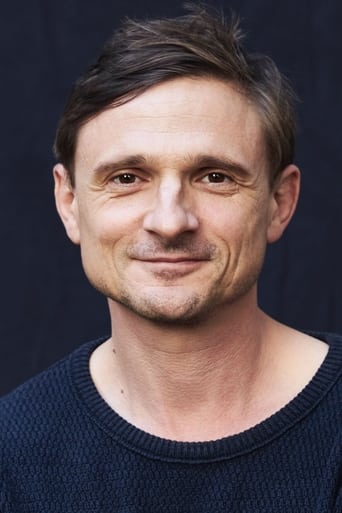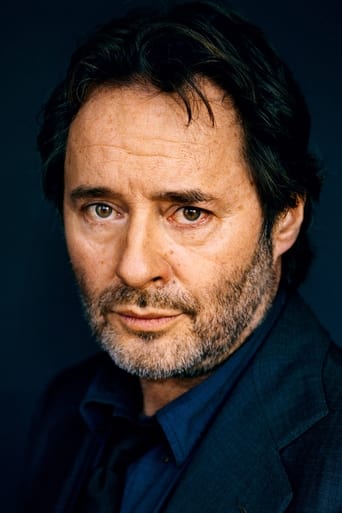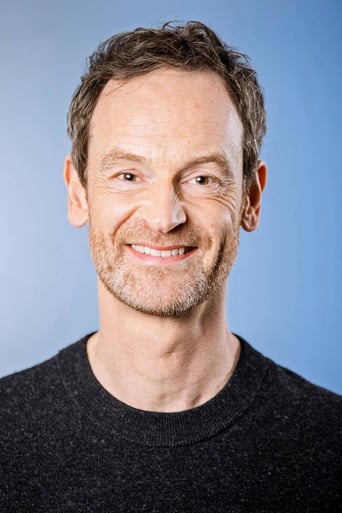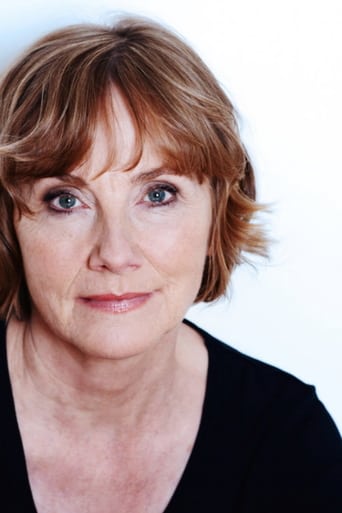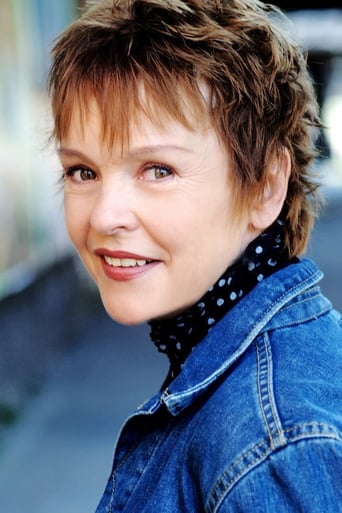Evengyny
Thanks for the memories!
BootDigest
Such a frustrating disappointment
TaryBiggBall
It was OK. I don't see why everyone loves it so much. It wasn't very smart or deep or well-directed.
Philippa
All of these films share one commonality, that being a kind of emotional center that humanizes a cast of monsters.
jeremy3
All the characters are very well developed. The patriarch of the Stasi family (Uwe Kossich) is shrewd enough to survive in the Stasi, but does see that there are flaws in his government. His wife is a typical wife of a member of the Communist Party. She just wants to maintain the image of her family as being loyal, because she can only see the consequences of being otherwise as too dire to even fathom. His two sons, Falk and Martin, are very different. Martin is idealistic, but has a heart that leads him astray. He falls in love with the daughter of a suspect musician and that leads to all kinds of trouble for him and his family. Falk is almost "devilish". As an upstart in Stasi, his whole purpose in life is to use people, incriminate people, advance himself, and protect his self interest. In some ways as "good a communist" as Falk believes himself to be, if he lived in West Germany he could have been an equally good ruthless CEO. One of the most interesting characters is Falk's boss. Falk's boss is the head of Stasi, and was very evidently around during Stalin's time. As scary and ferocious as he is, he is much smarter than Falk. He knows that Falk is basically a "cowardly self serving man who probably would have been eliminated if he were in Stalin's time".
Bene Cumb
/refers to all seasons/The German Democratic Republic was a country that remained stagnant almost until its termination, even when other socialist camp dealt with winds of change in the late 1980ies. And as it turned out later, it was one of the best internally controlled and snooped country in Europe, and Stasi's traces are still visible in people's minds.In Weissensee, we get a comprehensive picture of an integrated East- Berlin family belonging to the elite vis-a-vis opportunities, influence and domicile, where personal love-related issues, accompanied by outside changes and access to wider information, start to crumble the relations both inside the family and with colleagues. The events are realistic and motivated, the thrill is maintained, and some hesitations I had regarding the convincingness of some characters were later explained by subsequent scenes or dialogues. There were several interesting twists I could never guess (e.g. a death of a leading character in the middle of the series), and the background and venues provide an additional mood for the "framed" life under Stasi's control and lies... The performances are at least good as well; for me, the older the characters, the more interesting they were, e.g. Dunja Hausmann and Hans Kupfer. Also, the latter showed convincingly what were the compromises/abasement the people with free mind had to do for a long period and how a pleasant idea of freedom and equality had lost its contents and form.Weissensee is definitely on the par with e.g. Tannbach and Deutschland '83, both in terms of performances and enthrallment. And to them who have lived under socialism, nothing is overstated. Hopefully, the viewers would understand that there is no such thing as Socialism with a human face - in spite of Hans Kupfer's intentions...PS Our national TV broadcast this series with the title "Love in Berlin", giving a false impression of being an insipid soap opera, and probably deterring thousands of potential viewers...
ConsDemo
This excellent series begins in East Germany, circa 1980. The Kupfer family is made up of Stasi (State Security) employees. The father, Hans, is a senior Stasi bureaucrat. One son, Falk is a detective aspiring to rise up the ranks and the other son, Martin, is street cop. Julia Hausmann, daughter of dissident singer Dunja, works in a cosmetics shop. The two families are intertwined, sometimes in ways that seem to be a bit too coincidental, but there are very few dull moments.The plot is captivating in itself, but I don't want to divulge spoilers. What was equally appealing for me was the backdrop, the German Democratic Republic and lives of its citizens. The people depicted don't live deprived lives, they would easily qualify as middle class in the West, but they are surrounded by a colorless Communist society. Drab high rise apartment buildings and small box like cars dot the scenery. Some, like Stasi employees, live better than others but it is largely a "classless" society the socialists claim to venerate. The characters are all devoted to socialism although they differ on the need for conformity and repression. The ways in which repression is applied are particularly interesting. Another movie that explorers similar sentiments is "The Lives of Others."
redmanrt
A crying shame there aren't even English subtitles for this excellent series. Be the way, it gets really good in the second season.Part, I repeat part of the brutality and corruption of the DDR regime is revealed in this high class soap opera. But love triumphs in the end, and some pretty creepy people redeem themselves. But rest assured, the excesses were intrinsic in the structure that was the artificial hothouse of East Germany. Who built this hothouse is not the subject of the series, and the two mainly responsible powers are not even mentioned.Annoying, for me, is the piling up of contrived crises in the first season, but that's how the public generally wants it. In this respect "Breaking Bad" is no different.

